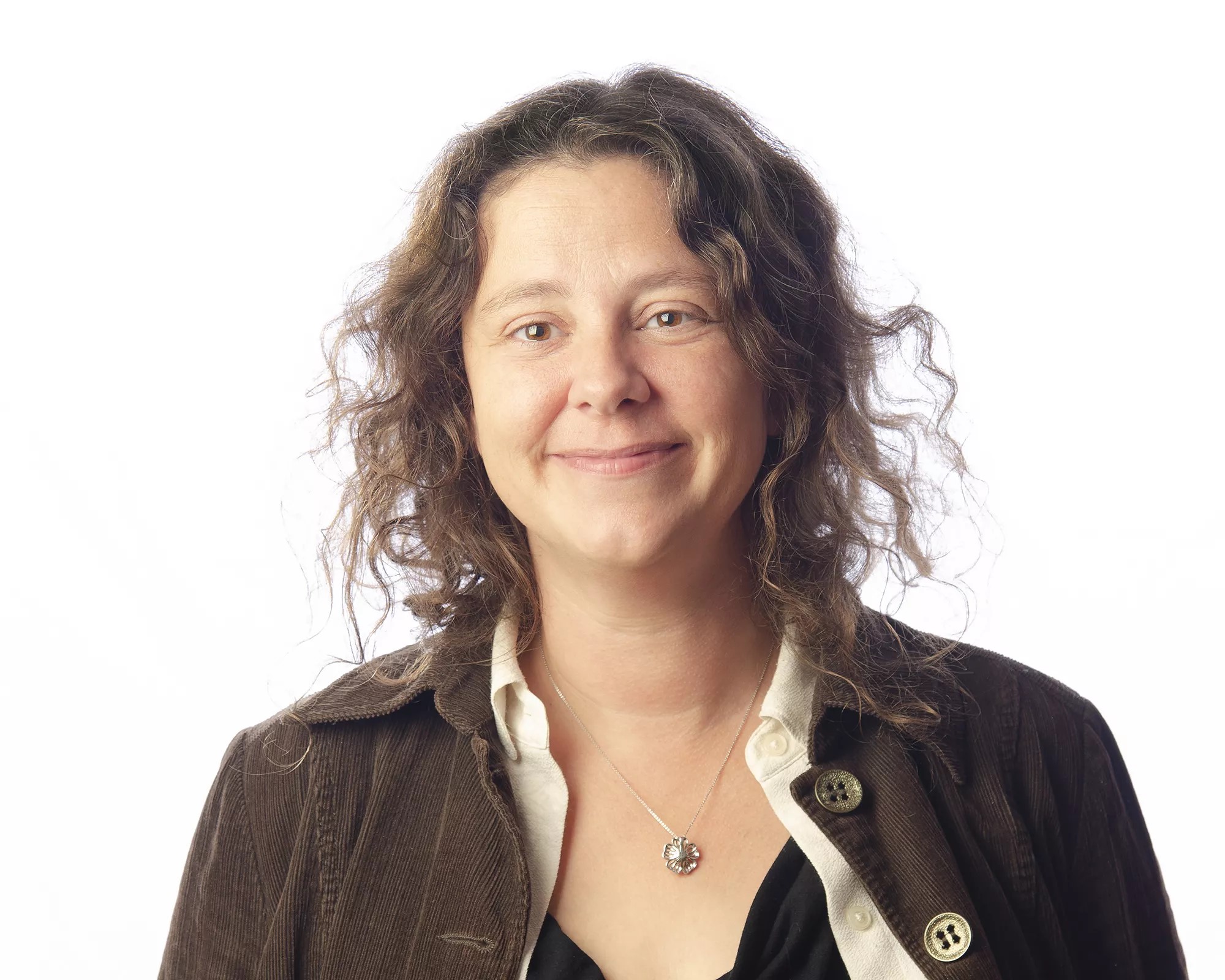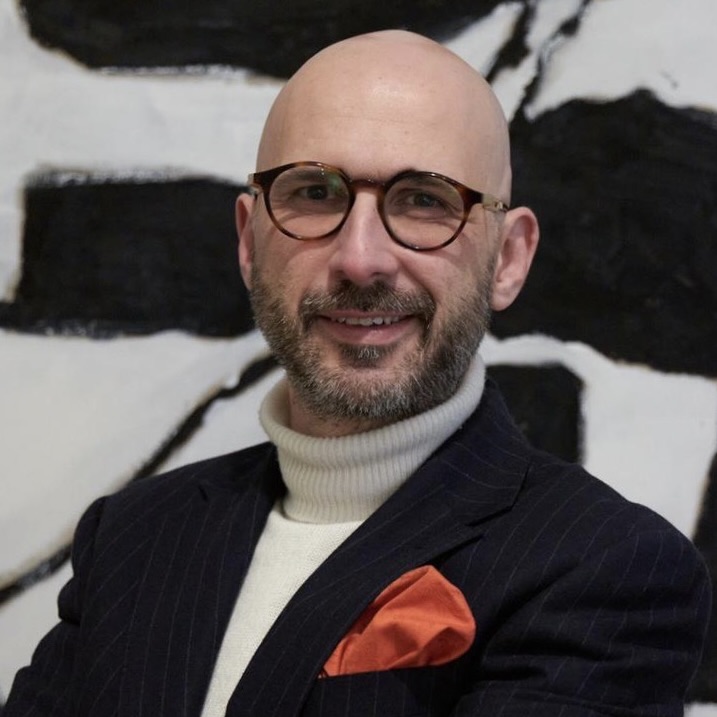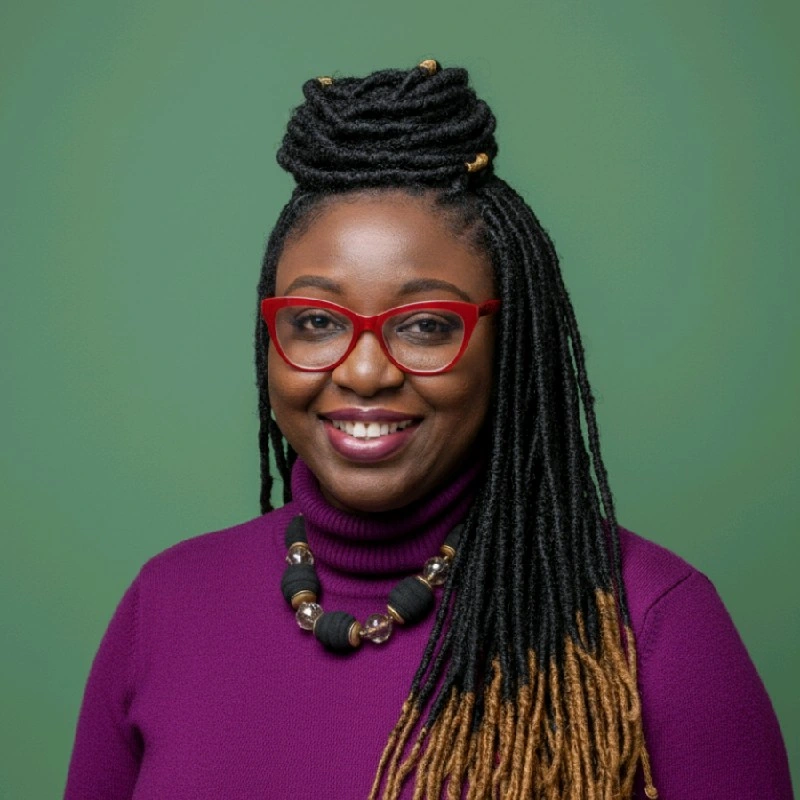Our mission is to ensure that everyone can access the conversation on how AI is being implemented in society.
Fellows speak for themselves and have absolute independence over their work, and don’t speak on behalf of one another. What unites us is our shared mission.
We are a think-tank and non-profit NGO. We work as a collective of specialists.
Website map:
- Governance and Civil Advocacy Tools.
- Fellow’s specialties, biographies, social links.
- Some of our collected Works & News.
- Ways to Get Involved.
- Information on our Research and Services.
- And ways to Contact Us.
Governance and Civil Advocacy Tools
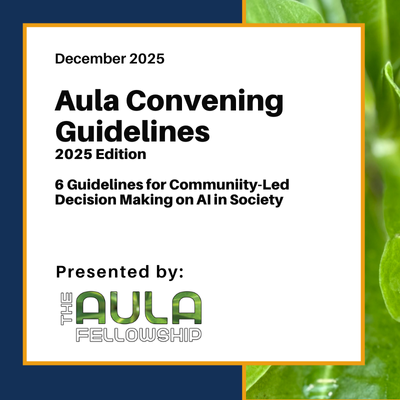
The Aula Convening Guidelines, 2025 ed.
For people working on tech governance and AI in society:
Convene communities for legitimate collective decision-making on how AI is implemented in society.
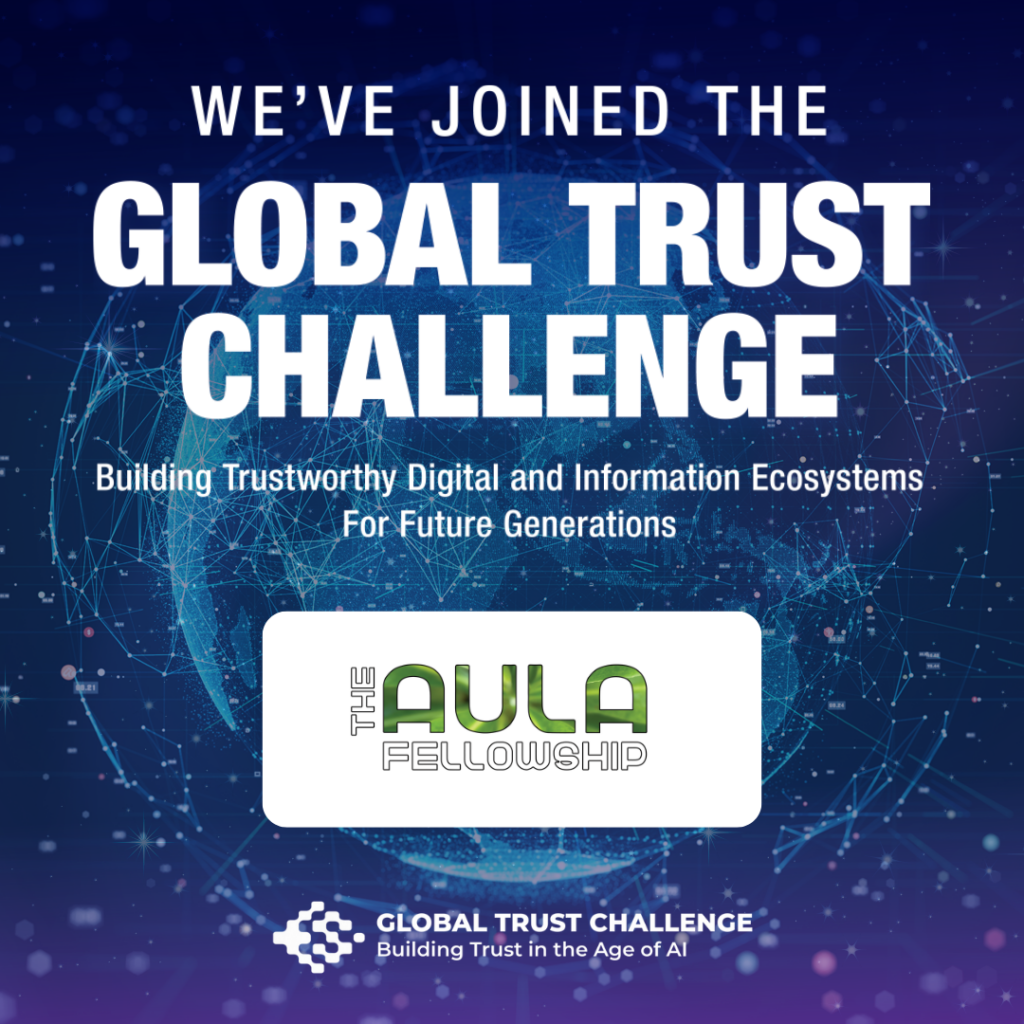
We’ve the Global Trust Challenge as a Global Outreach Partner
A policy accelerator for people working on policy towards trustworthy AI and digital infrastructure.
In partnership with the IEEE, OECD, UNESCO, GPAI and other organizations.
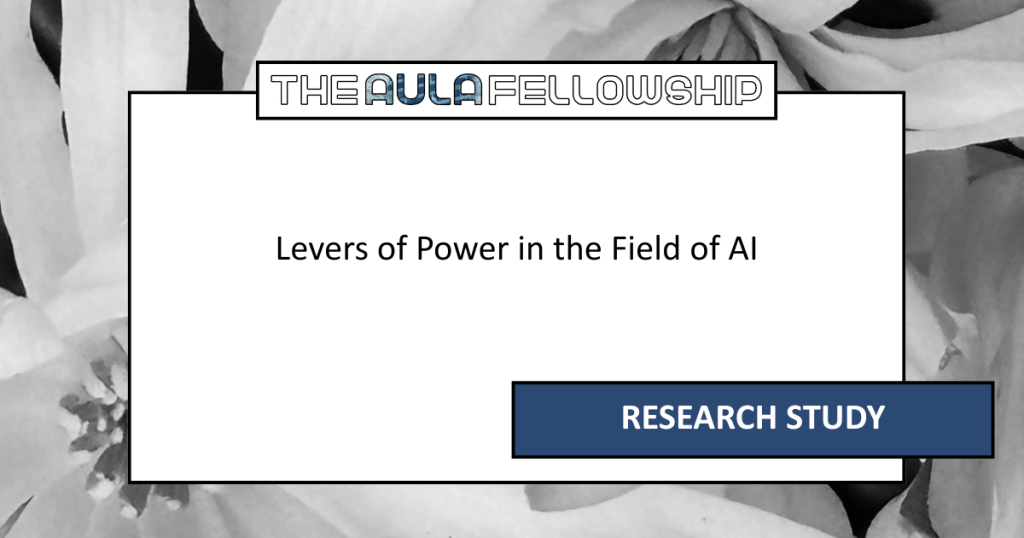
Levers of Power in the Field of AI
Ongoing research and collective work on how individuals in institutions and in civil society can work together to steer our social systems.
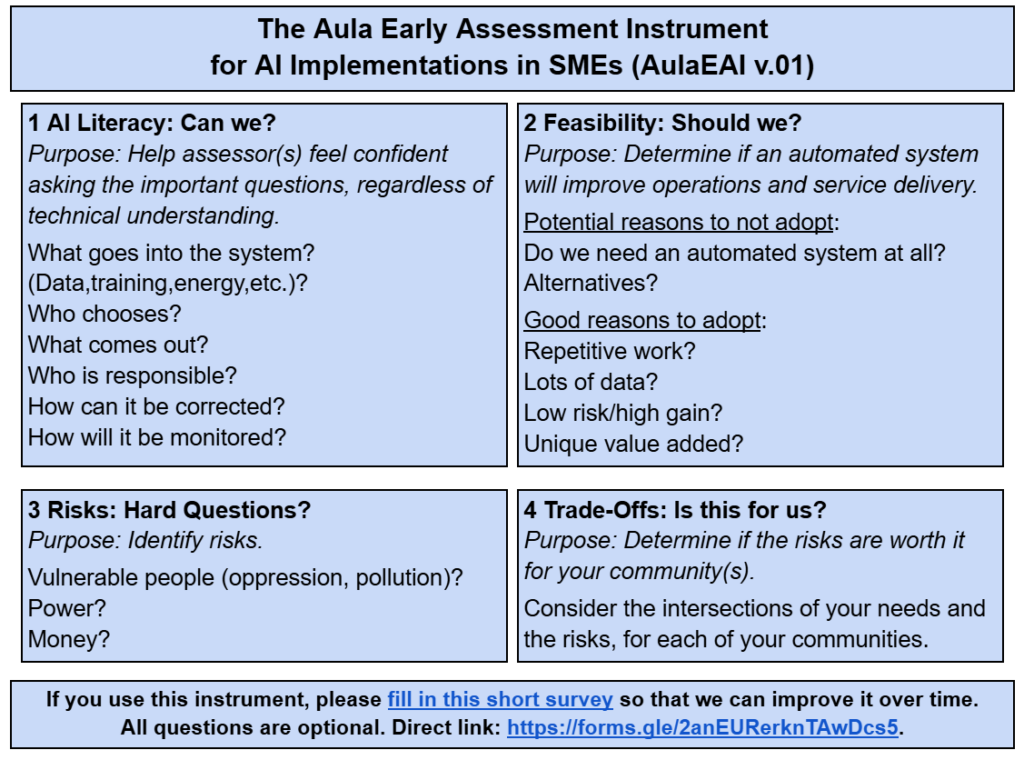
The Aula Early Assessment Instrument for AI Implementations in SMEs (AulaEAI v.01)
This instrument is a light-weight AI Implementation assessment for a proposed AI implementation in a small or medium organization: company / institutional / or non-profit.
Works & News
Recent Posts:
-
We have registered with EU Horizon
We have registered with the EU Horizon program as participating organization. We are based in Canada and have work in 20+ countries, and will be able to serve as partners for EU Horizon projects. We are proud of this milestone in our development as an organization. Thank you to our Aula Fellows and partners who
-
BOOK LAUNCH: Where is Artificial Intelligence headed?
View the announcement on LinkedIn. Proud to present Dr. Sawadogo’s book. Description: Yoshua Bengio, Stuart Russell, and Geoffrey Hinton are known as the godfathers of Artificial Intelligence. Now, they warn of the dangers of this technology. This book examines why and how they changed their minds. It also highlights the commonalities in their analyses of
-
Aula Mission Statement: Sarra Hannachi
Aula brings individuals and organisations of different disciplines and natures to an inclusive and global conversation on AI. My focus has been on researching and assessing applications of AI and emerging technologies in the military and relevant security contexts, as well as their respective risks. I joined Aula to expand and touch on further topics
-
The Invisible Labor Force Powering AI
Read the article on Communications of the ACM Millions of gig workers in the Global South provide the “intelligence” for AI models. This approach is under threat. featuring Aula Fellow Kai0Hsin Hung, by Logan Kugler. Mr Kugler is a technology writer specializing in artificial intelligence based in Tampa, FL, USA. He has been a regular
-
The Epstein Files: An Archive of Power?
The Epstein Archive was not just a result of excess; it was built on purpose as a tool of power, engineered to turn intimacy, coercion, and crime into lasting sources of informational capital. Read on SSRN
-
CHAPTER LAUNCH: Predictive World
Read the full chapter on Philpapers.org. In the contemporary world, the scientific model of reality has become prognostic and predictive. Scientists make predictions based on facts, research, and experiments. These predictions create a new picture of reality and have a great impact on people’s behavior and decision-making. For instance, we can observe a vivid manifestation
A broad selection of our collected works are presented on our Works & News page.
Research
Research programs in engineering education, institutionalism, management, politics, governance, tech, and international cooperation. Open to researchers from all disciplines and skillsets. All types of research are conducted by our Fellows and the Fellowship. We work together on trade, journalistic, legal, policy, academic, etc.
Fellows share opportunities for professional development and collaborate to ensure that our communities as specialists and as people can connect to each other, and make decisions together about AI in society.
Please get in touch if you want to collaborate on a specific project with several Fellows. Otherwise, reach out to specific Fellows.
Services
Fellows work with individuals, communities, and institutions who are trying to make sense of what AI means for their work, their people, their missions, and their futures. We’re not here to simplify AI or sell you a solution. We create space for the conversations, and we do it for our Mission.
- Presentation and events, conference curation.
- Community and governance support.
- Mediation and arbitrage, including negotiations and forensics (select topics).
→ Learn more about our Services.
→ Email us
Fellows are independent of the Fellowship, and we don’t all do the same work. The Fellowship only accepts mandates that are in line with our Mission and the public good. If you want to hire a Fellow for other work related to their specialties, you are welcome do so directly by looking them up in Fellows and reaching out to them by email or LinkedIn.
